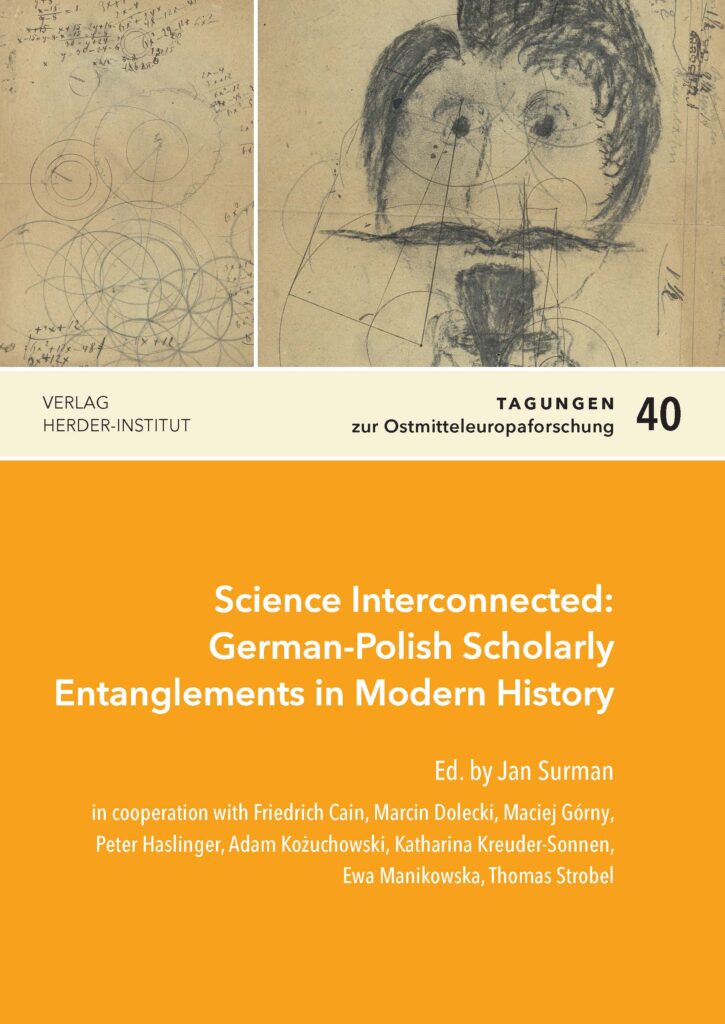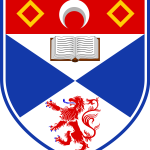Home » Posts tagged 'chronology'
Tag Archives: chronology
Plato Between Poland and Marburg

A paper by Tomasz Mróz, Studies on Plato at the Turn of the 20th Century: A Case of Polish-German Cooperation, was published in a collective volume titled Science Interconnected: German-Polish Scholarly Entanglements in Modern History (ed. Jan Surman et al., “Tagungen zur Ostmitteleuropaforschung” 40, Verlag Herder-Institut, Marburg 2022).
A fine and instructive episode of German-Polish cooperation, announced in the title of the paper, involved three philosophers and historians of philosophy: a German, Paul Natorp (1854-1924), and two Poles, Wincenty Lutosławski (1863-1954) and Władysław Tatarkiewicz (1886-1980).
For decades Marburg philosophers in general, and P. Natorp in particular, had a vivid interest in Plato. Natorp’s book, Platos Ideenlehre. Eine Einführung in den Idealismus (1903), is an important point in the history of interpretations of Plato and is still referred to by contemporary Plato scholars. At the time of publishing of Natorp’s book, W. Lutosławski already had an established reputation of Plato scholar, for his book, Origin and Growth of Plato’s Logic with an Account of Plato’s Style and of the Chronology of his Writings (1897), had incited international debate on the chronological order of Plato’s dialogues anew. Both scholars exchanged letters and Natorp allowed Lutosławski to read chapters of his soon-to-be-published book, the conclusions of which were to some extent concurrent with Lutosławski’s interpretation of the theory of ideas. Both scholars rejected traditional, rooted in Aristotle, understanding of the ideas’ existence.
W. Tatarkiewicz was a generation younger than the two scholars. As a young student of philosophy he arrived in Marburg to write his dissertation, and though its topic was Aristotle, the Marburg Plato was an important part of his curriculum. His dissertation was supervised by Hermann Cohen (1842-1918) and Natorp. One of the first Polish papers of Tatarkiewicz, published after his Ph.D, was devoted to his Marburg teachers’ interpretation of Plato to which he adhered (1911). Two decades later, when his History of Philosophy appeared in print (1931), he still considered Natorp’s book on Plato to be one of the essential works for Plato scholars.
What should be remarked, relations between German and Polish Plato researchers were in this case devoid of national prejudices and it was also a rare example of an influence exerted by Polish philosopher on a German peer scholar, for it was thanks to Lutosławski that Natorp pursued research on the chronology of Plato’s dialogues and publihed a series of papers on this topic. Tatarkiewicz, in turn, as he himself declared, owed his lasting research interest in the history of philosophy to his Marburg teachers.
To receive a pdf copy of this paper, do not hesitate to email the author: T.Mroz@ifil.uz.zgora.pl
Lewis Campbell and His International Connections

Studia Historiae Scientiarum, an annual journal published by Polish Academy of Arts and Sciences, includes a section Science beyond Borders. In 2018 a paper by Tomasz Mróz was published there on Lewis Campbell’s (1830–1908) correspondence held in Peterhouse Library, Cambridge.
The paper presents L. Campbell, his research on Plato, and the collection of letters sent to this Scottish scholar by: James Martineau (1805–1900), William Hepworth Thompson (1810–1886), Paul Shorey (1857–1934), Wincenty Lutosławski (1863–1954), Eduard Gottlob Zeller (1814–1908), Franz Susemihl (1826–1901), and Theodor Gomperz (1832–1912). This collection supplements the knowledge of the research on Plato’s dialogues at the turn of the 20th century, since Plato scholars in their letters touched on the issues relating to the methods and results of the research on the chronology of Plato’s dialogues. They made judgements concerning the works of other academics, they sent to each other their own publications, and reported on the progress of their studies. They also did not shy away from making personal remarks and communicating personal reflections.
Publishing this paper was preceded by a research stay in Cambridge in June and July 2016, which was sponsored by Lanckoroński Foundation. Additionally, archival materials from St Andrews University Library (Special Collections) supplemented the whole work.
The paper in Polish is available on the journal’s website here.
Plato between Scotland and Poland

In 2018 “Journal of Scottish Philosophy” (vol. 16, iss. 2) published a paper which was not, in fact, discussing Scottish philosophy as such, but was devoted to an episode in history of historiography of ancient philosophy and classical studies in Scotland.
The title of the paper clearly defines its topic: Scottish-Polish Cooperation on Plato at the Turn of the Twentieth Century. This paper discusses an example of Scottish-Polish cooperation on research, undertaken at the turn of the twentieth century, into the dialogues and philosophy of Plato. Two scholars were involved in this research: the Scottish classical scholar and historian of ancient philosophy, Lewis Campbell (1830–1908), and the Polish Plato scholar and philosopher, Wincenty Lutosławski (1863–1954). Their research on the chronology of Plato’s dialogues is analysed and the reception of their works discussed. The paper is enriched with some excerpts from their correspondence.
Unfortunately, the paper is not accessible on the journal’s website. If anyone, however, would like to receive an offprint, feel free to email the author: T.Mroz@ifil.uz.zgora.pl
A brief presentation of this paper can be found on Kudos website.
Lewis Campbell and his Plato

A paper on Lewis Campbell (1830-1908), who was an iconic figure of St Andrews and Scottish Platonism, appeared in a collection of papers from an International Society for Neoplatonic Studies annual conference in Olomouc in 2017. The volume was published in 2019 and includes papers on ancient, mediaeval and modern interpretations of Platonism (contents of the book on the Prometheus Trust website). In his paper T. Mróz examined the history of the most significant works by Campbell, his studies and editions of the dialogues, and attempted to present the consequences of his conclusions for interpreting Plato’s philosophy.
The paper is free to download from the University’s repository here.
Recent commentaries